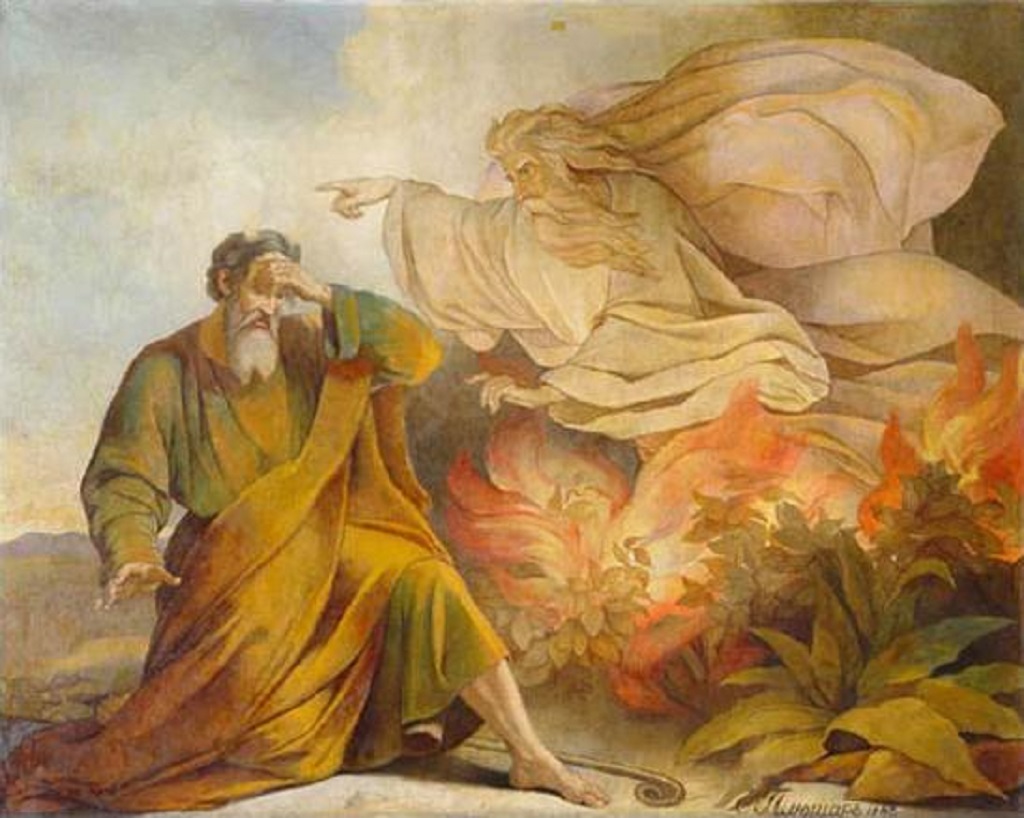On the fifth day of Christmas my true love gave to me, five golden rings
The number five is meant to remember the Pentateuch, the first five books of Jewish Scripture and the Christian Bible
Does it still “feel” like Christmas at your house? Do you still have the Nativity set out and Christmas music playing during dinner? It can be hard to keep the Christmas spirit when your neighbors have all tossed their Christmas trees to the curb the day after Christmas and the stores have shelved Valentine’s Day candy and trinkets.
Yet we Catholic keep right on celebrating! No, it’s not that saccharine “let’s keep Christmas in our hearts all year!” type of celebration. It is a time to meditate and reflect upon the fact that God became one of us. God could have chosen any way He wished to save us from our sins – He chose to become an infant, in a family, in a specific time and place. What a wonder!
It is the tradition that, on Christmas Day, the pope gives his Urbi et Orbi (City and World) message. Here is part of St. John Paul II’s message in 2002:
Together with you, O Virgin Mother, may we stop and reflect
at the manger where the Child lies,
to share your own amazement
at the immense “condescension” of God.
Grant us your own eyes, O Mary,
that we may understand the mystery
hidden within the frail limbs of your Son.
Teach us to recognize his face
in the children of every race and culture.
Help us to be credible witnesses
of his message of peace and love,
so that the men and women of our own time,
still torn by conflicts and unspeakable violence,
may also recognize in the Child
cradled in your arms
the one Saviour of the world,
the endless source of that true peace
for which every heart profoundly yearns.
Imagine: gazing on the face of God! Let the eyes of Mary, full of grace, teach us to see Christ hear and now. Our world needs a Savior, and our continued celebration of His birth will strengthen us to bring Him to our family, friends and neighbors. Merry Christmas indeed!
[From the United States Conference of Catholic Bishops: “The liturgical season of Christmas begins with the vigil Masses on Christmas Eve and concludes on the Feast of the Baptism of the Lord. During this season, we celebrate the birth of Christ into our world and into our hearts, and reflect on the gift of salvation that is born with him…including the fact that he was born to die for us.” There are, however, the traditional “12 Days of Christmas,” captured in the song of the same title. Some claim the song was meant as catechism of a sort, written and sung for nearly 300 years of British persecution of Catholics. We will be using both the song and the Church’s liturgical calendar to celebrate the Christmas season. We hope you enjoy.]
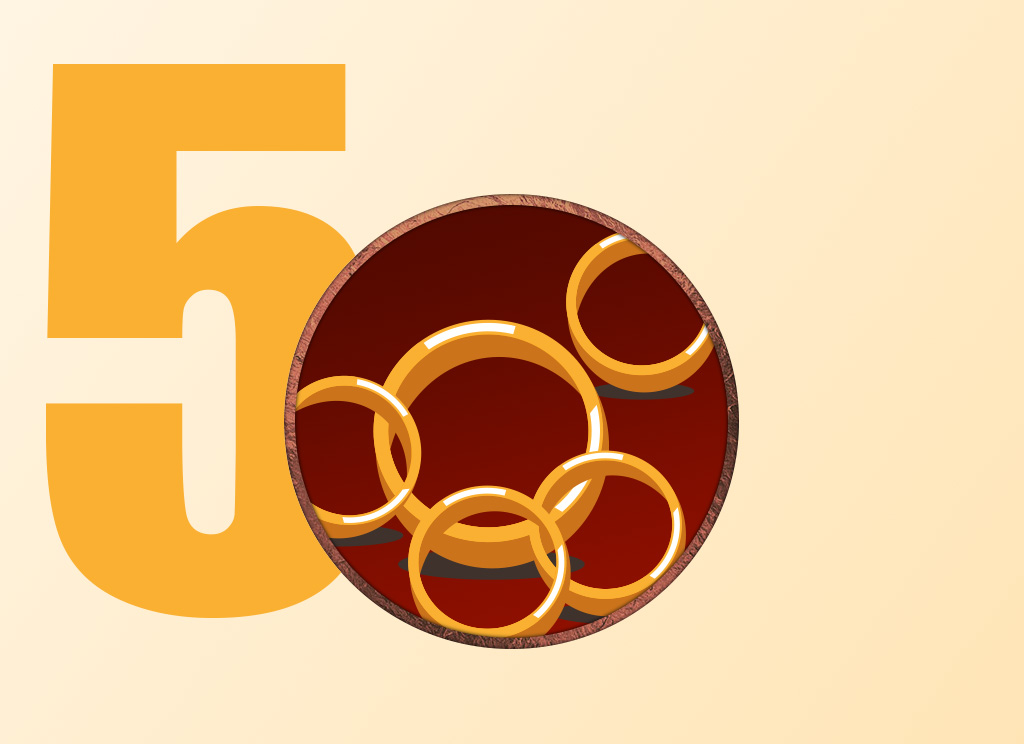
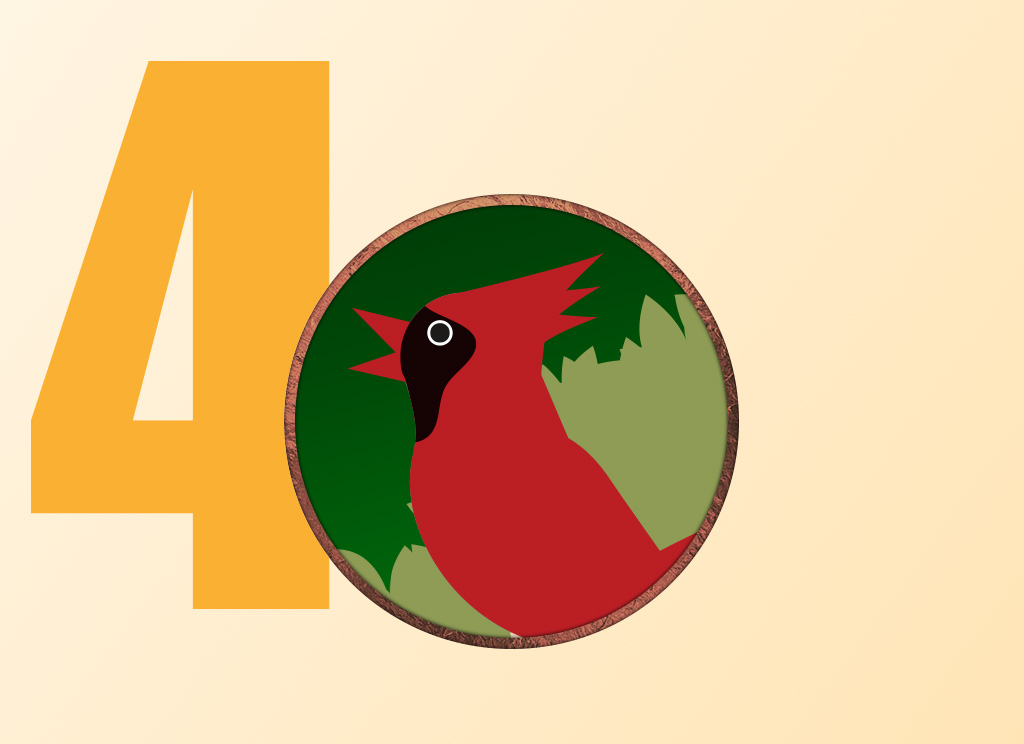
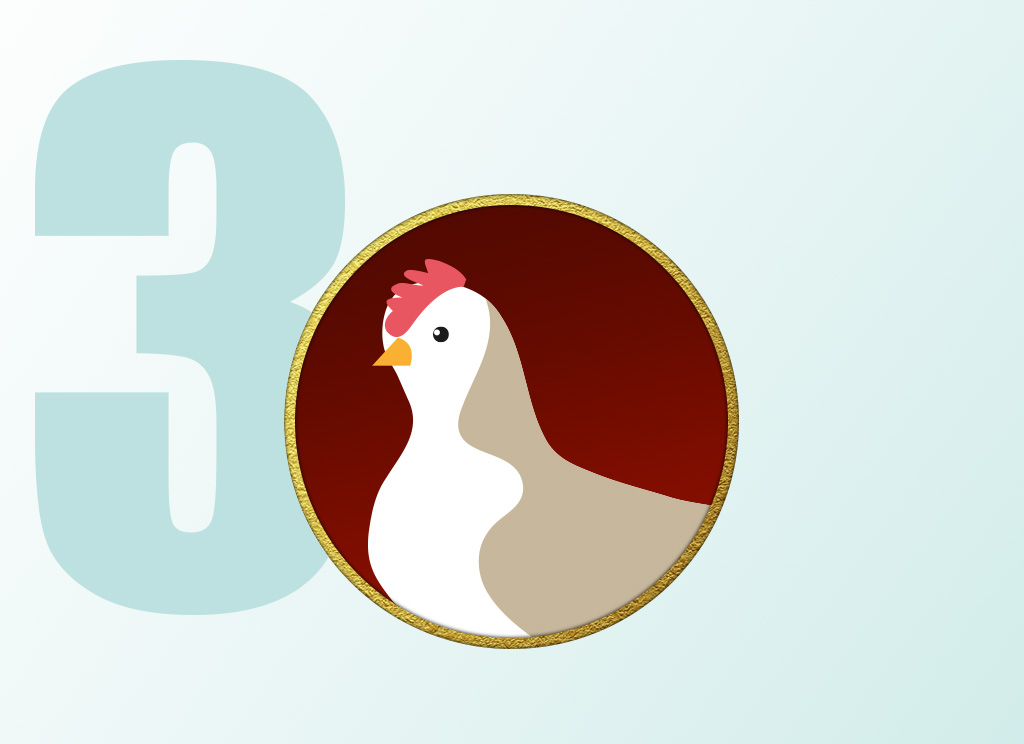
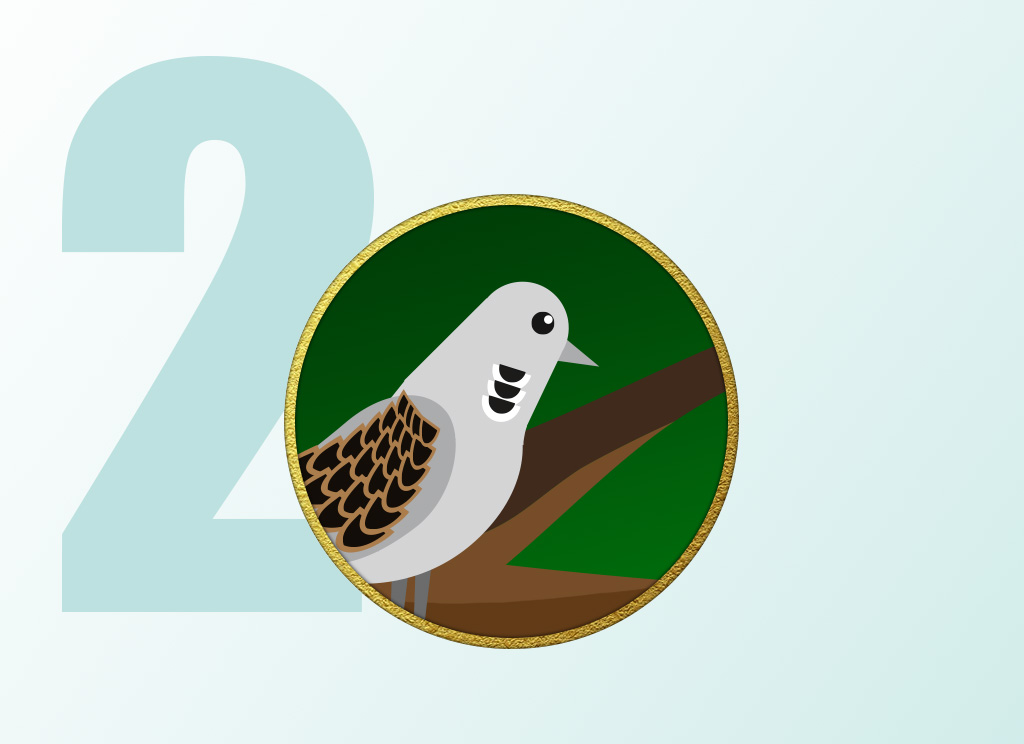
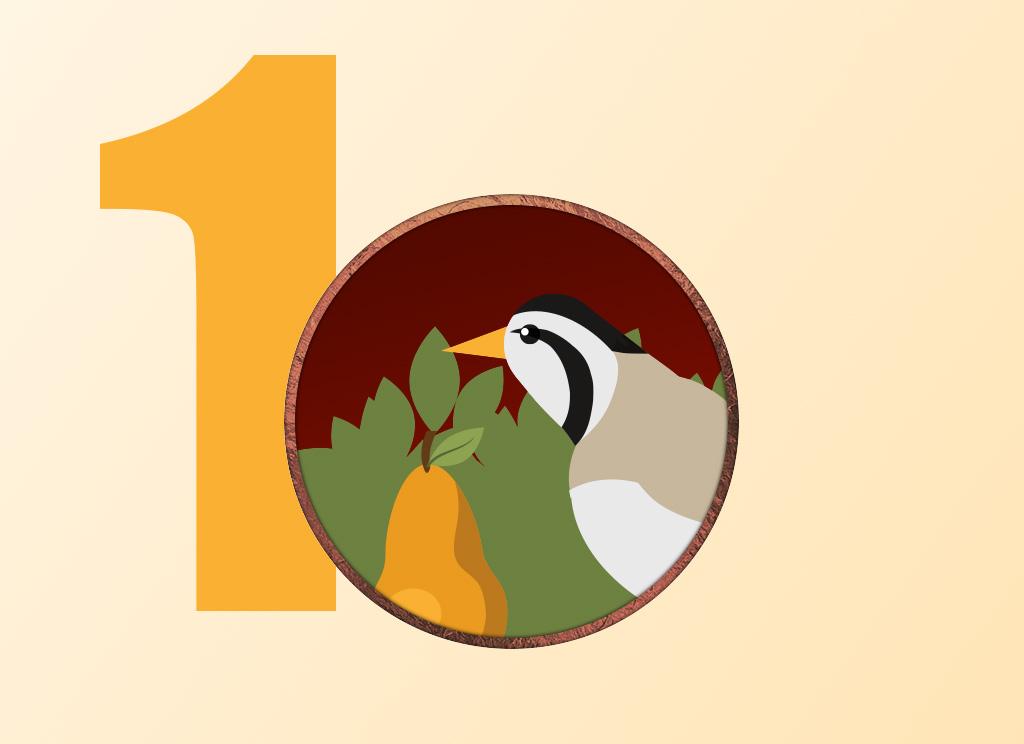
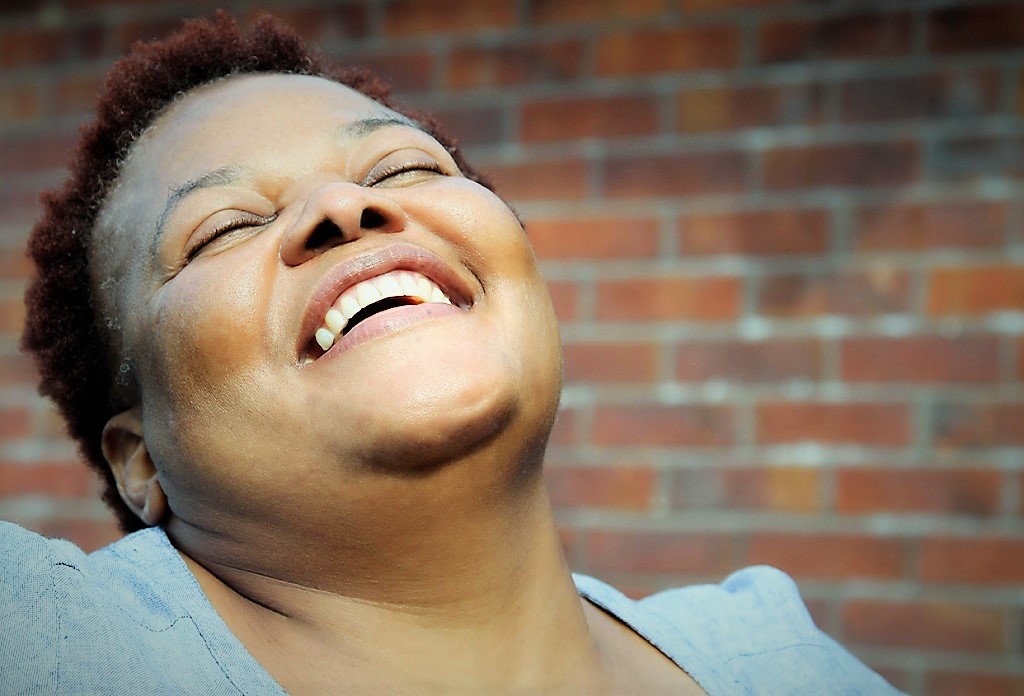
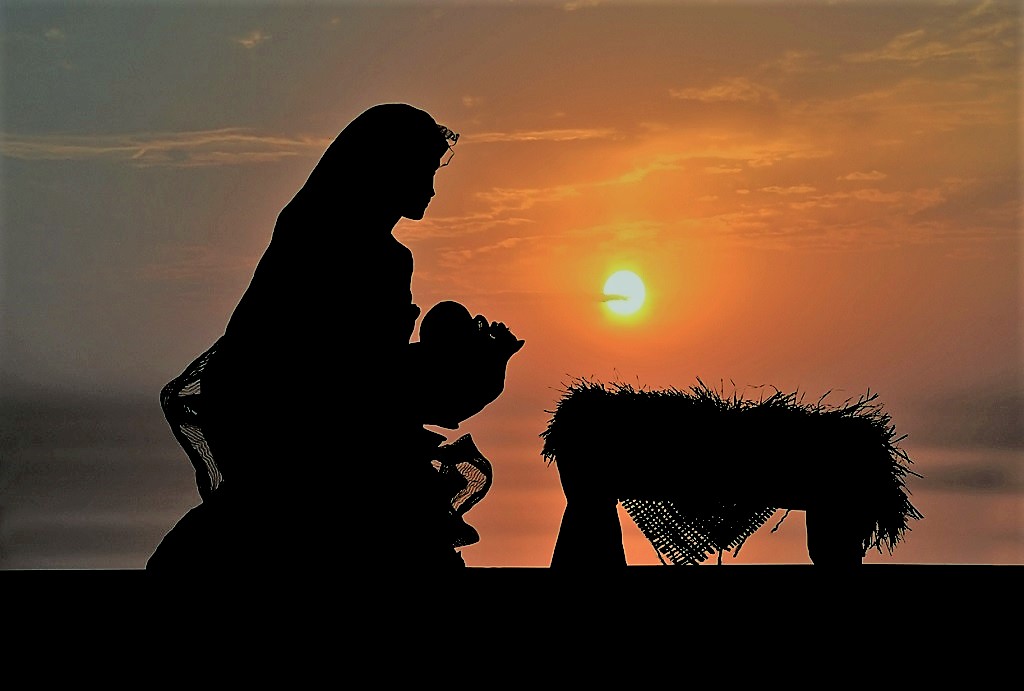
 Chris Stefanick is an internationally acclaimed author and speaker, who has devoted his life to inspiring people to live a bold, contagious faith. Archbishop Charles J. Chaput, OFM Cap calls Chris, “one of the most engaging young defenders of the Christian faith on the scene today.” Chris is also the founder of Real Life Catholic, a Denver-based non-profit which operates as the headquarters for Chris’s various initiatives. Above all, Chris is proud to be the husband to his wife Natalie and father to their six children. To learn more about Chris’s work, please visit:
Chris Stefanick is an internationally acclaimed author and speaker, who has devoted his life to inspiring people to live a bold, contagious faith. Archbishop Charles J. Chaput, OFM Cap calls Chris, “one of the most engaging young defenders of the Christian faith on the scene today.” Chris is also the founder of Real Life Catholic, a Denver-based non-profit which operates as the headquarters for Chris’s various initiatives. Above all, Chris is proud to be the husband to his wife Natalie and father to their six children. To learn more about Chris’s work, please visit: 


